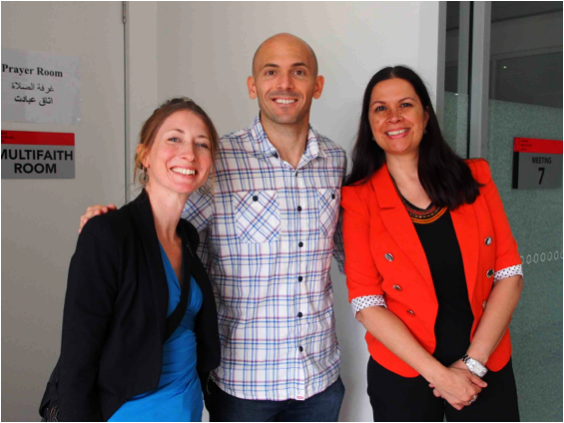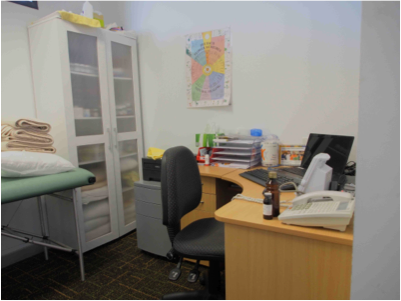Our Story
We are a group of health care practitioners who have come together to do something about a lack of access to essential health care services for marginalised migrants, refugees and asylum seekers. We don't have any financial resources, but we have our skills
and compassion as health care workers to do something about this problem. We have been running a make-shift clinic at the Brisbane Multicultural Centre, where we have been offered temporary space, rent-free, consisting of two rooms that we may use as clinic
rooms until we get on our feet. Since we started last year we have been totally swamped with patients. Our patients are mainly asylum seekers on bridging visas who cannot get healthcare elswhere, or migrants and refugees with limited English language skills
who cannot get access to allied health services due to lack of entitlements to interpreting services.
Our practitioners, who include doctors, nurses, allied health and traditional medicine practitioners, donate half of their Medicare earnings to keep the clinic going and the administrative operations are run by volunteers. It is "do or die time" for the
clinic. We have a waiting list of health practitioners who want to join us so we can provide more healthcare services and we have a waiting list of patients, but we can't grow any further in our current space.
Please help us to raise the funds to move into a proper clinic space so we can see more patients and become a viable health care clinic.
To find out more about us visit our website:
or visit us on
Facebook

Our Goal
We have been running the make-shift clinic without any financial support. As we have now tapped into a huge unmet need, we need to set up a clinic and our goal is to raise $60K to secure rent of a larger space for a year and set up administrative services
to support a larger clinic.
The Connect*Contribute*Create campaign is a call out to supporters to be part of creating a healthcare clinic for marginalised migrants, refugees and asylum seekers who are not able to get access to essential healthcare elsewhere
due to access and affordability relating to health care entitlements and interpreter service.
Will you please help us?
Why This Matters
Many of our practitioners also work publicly or privately in the health care system, and are acutely aware of the problems migrants and refugees have in accessing health care. For instance, if you have a mental health problem or a chronic disease such as
diabetes, but you don't speak English, you cannot get access to an interpreter to see an allied health practitioner. Many asylum seekers do not have access to basic services such as GPs or cannot afford medications due to limited income support. These are
just the basics. There are virtually no health promotion or prevention programs that cater to the needs of migrants and refugees.
When one group in our community continues to be marginalised like this, ultimately we will all pay for this through increasing public health costs. We are already seeing this in mental health. Many migrants and refugees are becoming long term patients in
the public mental health services, and disturbing health statistics continue to grow. For instance, migrants born in non-English speaking countries having a 25% higher death rate for diabetes.
All of this is preventable.
How Your Donation Will Do Good
Your donation will help people get health care that they cannot get elsewhere. Your assistance will help set up a health care clinic dedicated to providing health care to marginalised migrants, refugees and asylum seekers. We have a growing network of dedicated
healthcare practitioners who are willing to work, and we have no shortage of patients. Your donation will not only help to move from the current make-shift clinic to a proper clinic, but will also provide essential services such as health services to asylum
seekers who are not medicare eligible or interpreter services to people who do not speak English to see an allied health practitioner.
By helping people to get access to essential health care, you will help prevent longer term health problems and further marginalisation




